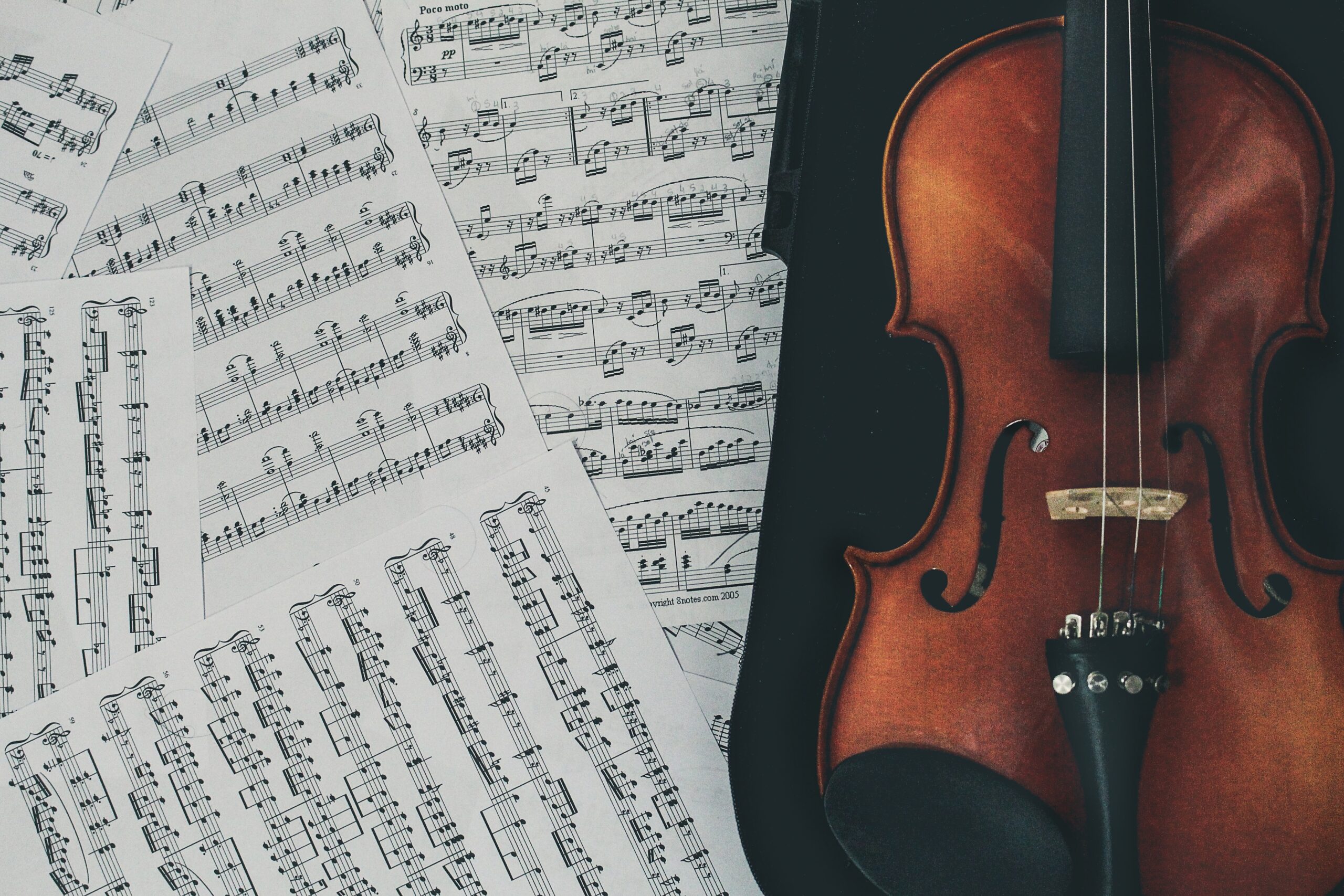
Performing in front of an audience can be a nerve-wracking experience for classical musicians. Whether you’re a seasoned professional or a beginner, it’s common to feel anxious before a performance.
What is performance anxiety?
Performance anxiety or stage freight can manifest in many ways, including sweating, shaking, and feeling like you’re going to forget everything you’ve practiced. According to research, up to 70% of professional musicians experience performance anxiety at some point in their career, while the number is even higher for music students and amateurs. It can range from mild nervousness to intense fear, and can have a significant impact on a performer’s ability to play their best on stage. This leads some people to try beta-blockers and other medical substances. You should avoid this entirely for a number of reasons.
Fortunately, there are strategies that you can use to cope with performance anxiety and boost your confidence on stage. Of course, the first way to manage performance anxiety is to be prepared for your performance. Make sure you’ve practiced your repertoire thoroughly, and consider rehearsing in front of friends or family members. This can help you to get used to playing in front of others and receive feedback on your performance. All this can help you get rid of stage fright!
Can breathing help performance anxiety?
One technique for managing performance anxiety is to focus on your breathing. Take deep breaths in through your nose and out through your mouth. This helps to slow down your heart rate and relax your muscles. You can also try progressive muscle relaxation, where you systematically tense and release each muscle group in your body. This can help you to become more aware of your body and reduce feelings of tension and anxiety.
Visualisation helps with performance anxiety
Another way to cope with performance anxiety is to visualize yourself succeeding. Before your performance, take some time to imagine yourself playing flawlessly and receiving enthusiastic applause from the audience. This can help you to feel more confident and prepared for the performance.
Taking care of your mental help to relief stage fright
It’s also important to practice self-care leading up to a performance. Make sure you’re getting enough sleep, eating well, and engaging in activities that make you feel happy and relaxed. Exercise can be a great way to reduce stress and improve your overall sense of well-being.
Seek out help for performance anxiety
In addition to these techniques, seeking the help of a mental health professional can be beneficial. Therapists can work with you to develop coping strategies, provide emotional support, and help you to work through any underlying issues that may be contributing to your anxiety.
Finally, it’s important to remember that it’s okay to make mistakes. No performance is perfect, and even the most experienced musicians make mistakes from time to time. Focus on enjoying the performance and connecting with your audience, rather than striving for perfection.
In conclusion, managing performance anxiety is an important part of being a successful classical musician. By using techniques like deep breathing, visualization, and self-care, seeking the help of a mental health professional, and being prepared for your performance, you can reduce feelings of anxiety and perform with more confidence and ease. Remember to be kind to yourself and enjoy the experience of making music for others. You do it because it gives you a feeling of flow that nothing else really come close to!







